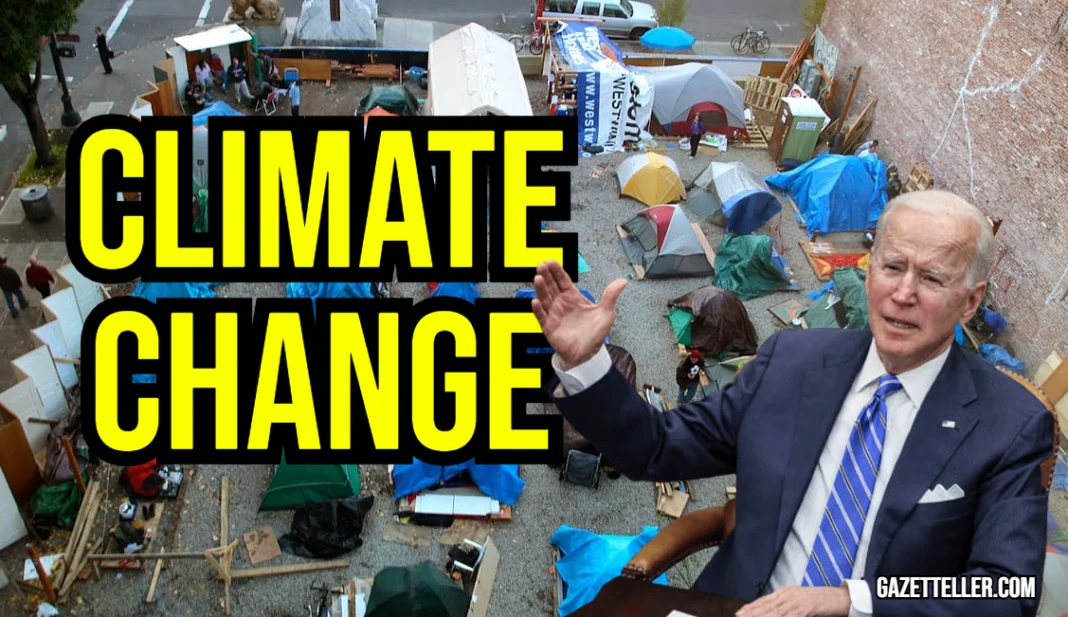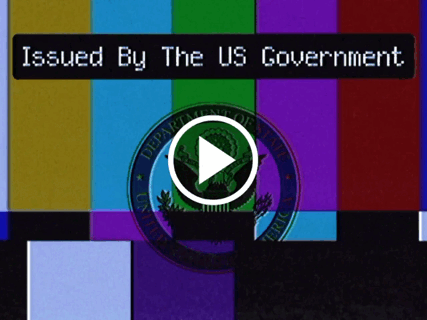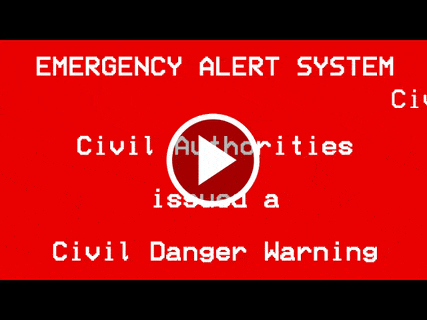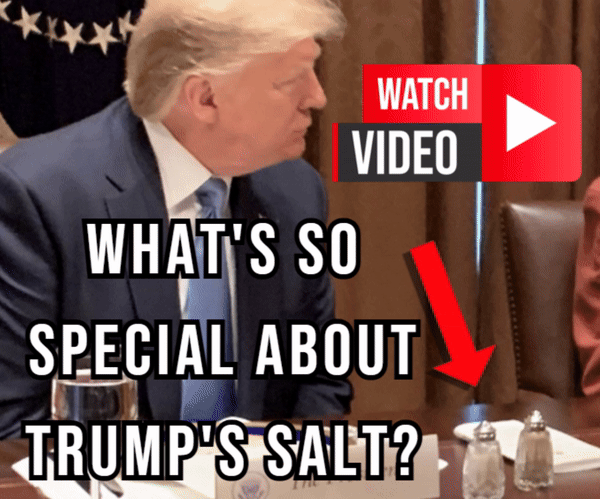In the vast echo chambers of the mainstream media, a groundbreaking declaration has been conveniently overlooked. Over 1,600 esteemed scientists, including the intellectual giants, Nobel laureates John F. Clauser from the US and Ivar Giaever from Norway/US, have boldly proclaimed, “There is no Climate Emergency.” Yet, why does this significant revelation remain buried beneath the cacophony of climate alarmism?
The declaration is a clarion call for reason, urging for a depoliticization of climate science and a more scientific approach to climate policies. It emphasizes the need for scientists to address the uncertainties and exaggerations in their global warming predictions. The declaration states, “The geological archive reveals that Earth’s climate has varied as long as the planet has existed.” It’s a natural cycle, and the current warming phase is just another chapter in Earth’s ever-evolving climate story.
But here’s the kicker: the warming we’re experiencing is progressing at a snail’s pace compared to what was predicted. The glaring discrepancies between real-world observations and modeled predictions are a testament to our limited understanding of climate change. The models, riddled with shortcomings, exaggerate the effects of greenhouse gases and conveniently overlook the benefits of a CO2-enriched atmosphere.

Contrary to popular belief, global warming hasn’t turned Mother Nature into a vengeful deity. There’s no concrete evidence linking global warming to an increase in natural disasters. Yet, the evidence is overwhelming that measures to mitigate CO2 are not only damaging but also exorbitantly costly.
Enter Professor Steven Koonin, a voice of reason amidst the clamor. This former Undersecretary for Science at the U.S. Department of Energy and current professor at New York University penned the 2021 bestseller Unsettled: What Climate Science Tells Us, What It Doesn’t, and Why It Matters. Koonin sheds light on the distortion of climate science, revealing how the intricate details of scientific reports are lost or twisted as they pass through the filters of the media and politics. He laments, “Government and UN press releases and summaries do not accurately reflect the reports themselves.” Even the very authors of these reports cringe at the media’s portrayal of their findings.
Koonin’s revelations are not without backlash. He shares that some colleagues believe he shouldn’t be spilling the beans about the true nature of climate change. But as Koonin rightly points out, the truth is paramount. It’s a moral imperative. Especially when considering the developing world, where millions lack basic amenities like electricity. Or when thinking about our youth, with a staggering 84% of American teenagers in January 2022 fearing a bleak, uninhabitable future due to unchecked climate change.
While addressing man-made issues like the ozone layer’s depletion is crucial, it’s essential to differentiate between genuine concerns and manufactured emergencies. Climate change, as the declaration and Koonin suggest, isn’t the apocalyptic emergency it’s made out to be. Addressing it shouldn’t come at the expense of those already grappling with poverty.
Breaking: MIT’s Energy-Saving Secrets Leaked! Here’s How to Cut Your Bills by 65%!
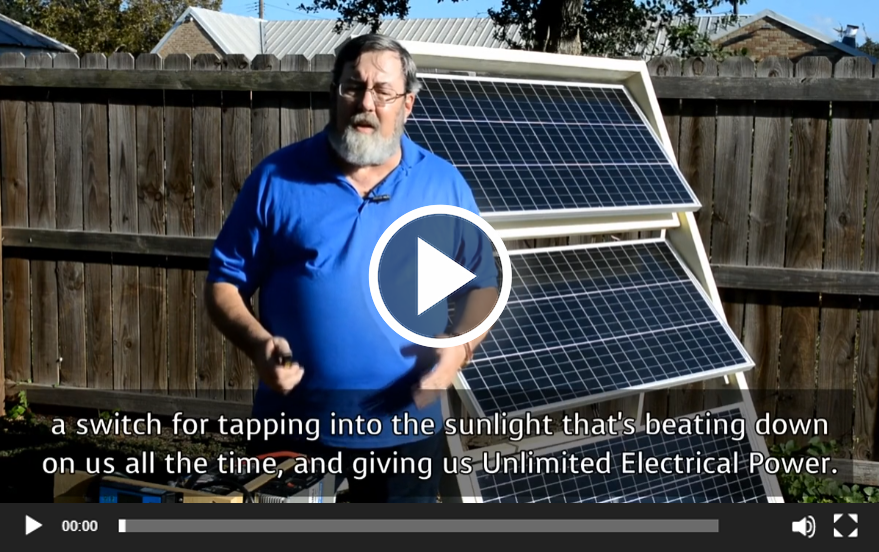
Yet the current administration seems to be turning a blind eye to the real issues. The rising inflation, the skyrocketing oil prices, and the resultant hardships faced by everyday Americans seem to be of little concern. Instead of tapping into domestic resources, the US is importing expensive oil from nations like Russia and Venezuela. And while the US grapples with these self-inflicted wounds, countries like China continue their coal-burning spree, rendering US efforts futile.
The Unseen Consequences: Biden’s Climate Policies and the Bigger Picture
While the Biden administration’s climate initiatives may seem well-intentioned on the surface, a deeper dive reveals a myriad of unintended consequences that could have far-reaching implications for both the environment and the economy.
For starters, the administration’s push for offshore wind turbines along the Atlantic seaboard might be heralded as a step towards clean energy. Still, it overlooks the potential devastation to marine ecosystems, wildlife, and the fishing industry. These turbines, while generating energy, could disrupt marine life and the livelihoods of countless fishermen.
Related: The Battery Man’s Forbidden Technique: Transform Worthless Batteries into Goldmines!
Then there’s the administration’s ambitious plan to transition to electric vehicles (EVs). While EVs are undoubtedly cleaner, what happens to the vast auto maintenance industry that thrives on routine maintenance? EVs, with their minimal maintenance needs, could render thousands jobless. And let’s not even delve into the ticking time bombs that are lithium batteries. Known to explode, and with replacement costs running into thousands of dollars, are we trading one problem for another?
The administration’s vision doesn’t stop at civilian vehicles. In a move that seems straight out of a sci-fi novel, there’s talk of electric military tanks. One can’t help but wonder: Are there charging stations scattered across foreign deserts, ready to power up these tanks in the heat of battle?
But perhaps the most eyebrow-raising revelation comes from NBC News, which reported that volcanoes, in their majestic indifference to human endeavors, “Dwarf Humans for CO2 Emissions.” It’s a stark reminder that nature’s processes can overshadow human activities, and executive orders can’t dictate volcanoes.
In a twist of irony, while the administration sounds the alarm on climate change, its own report released in March paints a different picture. As Koonin pointed out in July, the White House’s findings on the impact of climate change on the US economy “undermine any claims of an ongoing climate crisis or imminent catastrophe.” Koonin commends the report’s authors for their honesty, even if it didn’t make headlines. He urges the administration and its allies to “cancel the climate crisis” and adopt a more measured approach.

Yet the administration seems to be on a different wavelength. Biden’s comments on Hurricane Idalia in August, attributing it to the climate crisis, seem to sidestep the fact that many climate changes are influenced by factors like sun flares, which are beyond human control and don’t come with grant opportunities.
Furthermore, the issue of wildfires, often linked to climate change, has another angle. Ironically, these fires are exacerbated by “environmentalists” who oppose clearing tinderbox brush to protect the habitat, only for it to be consumed by flames later.
Bjørn Lomborg, a renowned climate expert, offers a pragmatic perspective. He suggests that the trillions earmarked for addressing climate change could be better utilized. Lomborg advocates for a smarter approach, emphasizing research and development to make green energy more affordable than fossil fuels. He believes that only when green energy is economically viable will the world willingly transition, hinting that the current energy prices might just be the tip of the iceberg.
In conclusion, while the intent behind the Biden administration’s climate policies is commendable, it’s essential to consider the broader implications.
A holistic approach, grounded in facts and practicality, is the need of the hour.
